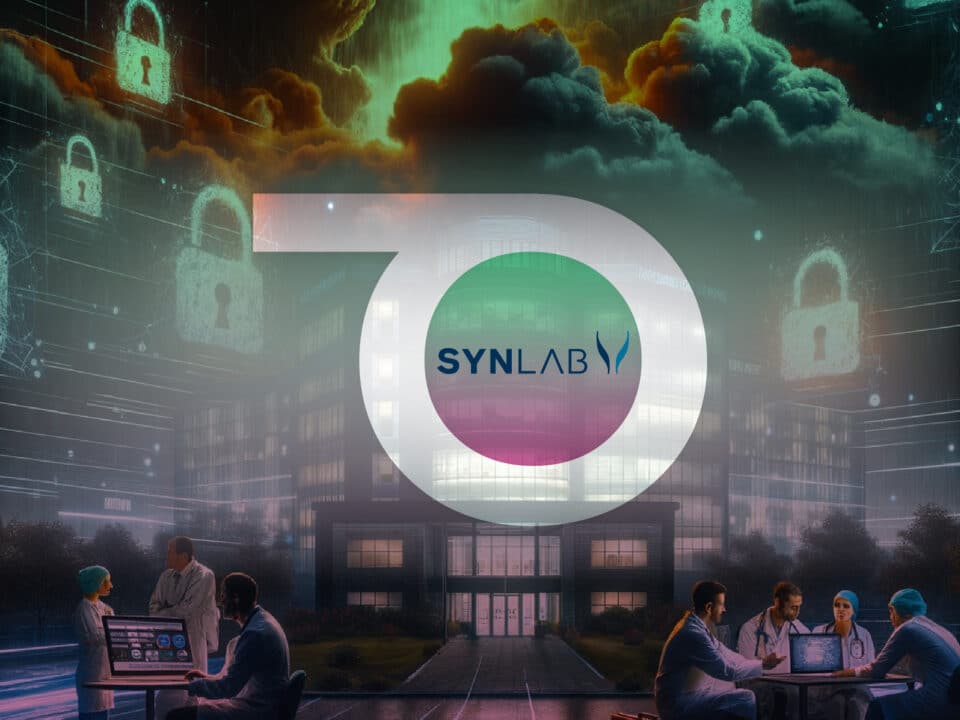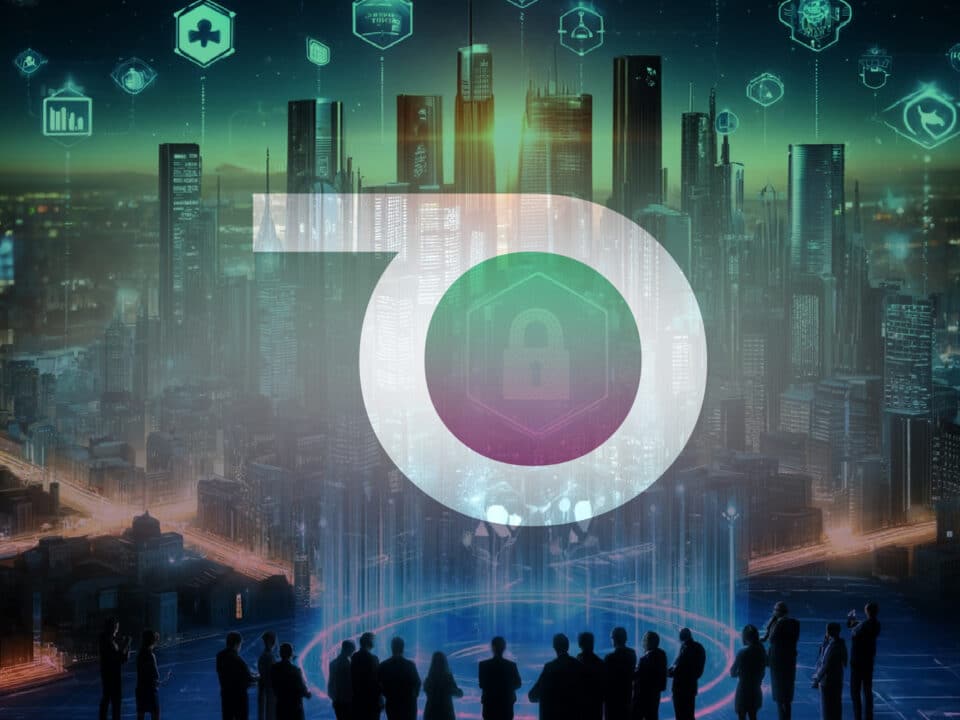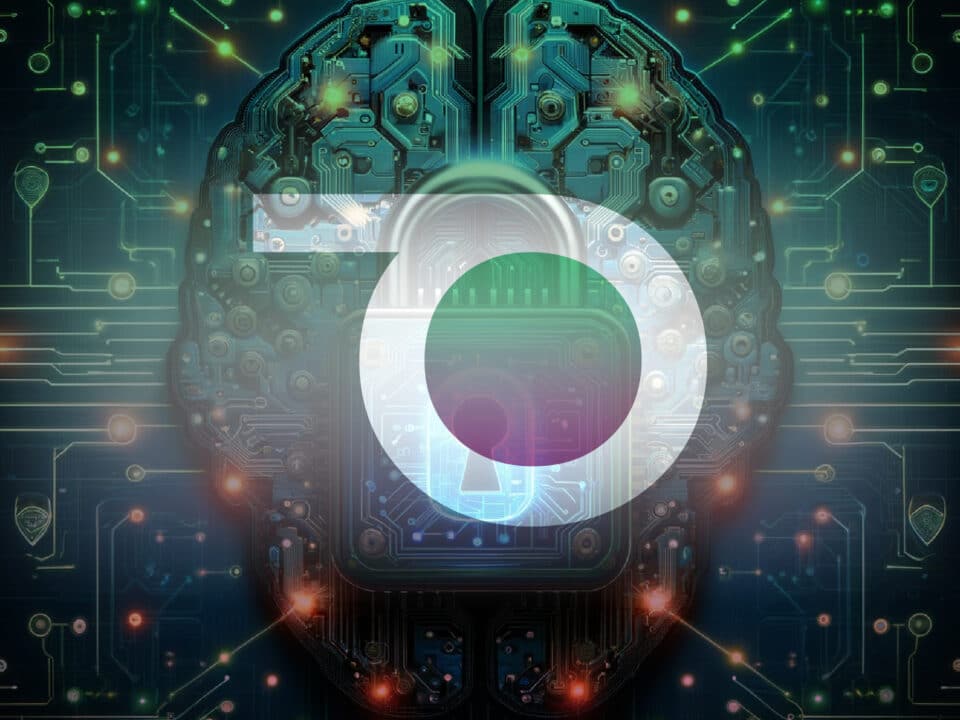Cybsersecurity Talks with Alessandro Scarafile
Cybsersecurity Talks with Alessandro Scarafile

Cybsersecurity Talks with Alessandro Scarafile
At Syneto, we have also been preoccupied with data protection. Our products and services have been designed with the importance of data in mind. To further expand our offer while responding to real market needs, we have introduced a new Syneto division this year: the cybersecurity division. This new department is lead by Alessandro Scarafile, former Operations Manager at Hacking Team and experienced IT professional. As Alessandro brings a lot of knowledge to the table, we asked him to share with us a bit more about his experience, his work in Syneto, and how he sees the IT and cybersecurity world evolving in the future.
Why does Alessandro Scarafile work in cybersecurity? How and why did you end up working in this field?
A.S.: I have been interested in technology since I was very young, my first computer was an assembled system with Intel 8088 processor (produced between 1979 and 1990).
As technological evolution continued and new products were released, I began to care more about how they worked (or should have worked), rather than just use.
There was no Internet as we know it today, smartphones did not yet exist. There was more time to study, learn and create: the first and true definition of hacking.
When networks and electronic devices began to be used everywhere (offices and homes), I understood like many others that there would be no turning back and that security would be crucial for the entire ecosystem, determining the life or death of technologies, companies and jobs.
Why did you decide to take on the role of VP of Cyber Security and Operations at Syneto? How did this new challenge attract you?
A.S.: After having dedicated myself to governmental offensive security for over 10 years, I felt the need to return to dealing with the defensive landscape, to understand if and how high level attacking approaches could be transformed into accurate defensive techniques.
Syneto operates as a leader in the context of SMEs, which covers over 66% of the workforce in Europe and over 75% of active companies in Italy. Being able to translate high level attacking approaches into defensive techniques for small and medium-sized companies is certainly a personal challenge.
How would you explain what cybersecurity is to someone who has never heard the word before?
A.S.: Security, in general, works well when you don’t see it.
The cyber-world makes no difference, but you have to prepare yourself for a match that never ends and changes daily. You have to train every day.
Who needs cybersecurity?
A.S.: Anyone who wants to use any modern technology and keep their data and privacy safe.
You have over 20 years of experience working in the IT field. How do you feel the IT industry has changed over the years? How do you predict it will change in the future?
A.S.: Information technology today is present at any level: governments, public institutions, companies of any size, individuals. And it surrounds our lives completely, but we already know this …
What probably still needs to be fully understood is that it’s a one-way change.
Although there are more and more legitimate doubts related to factors such as artificial intelligence, privacy, sustainability, and the environment in general, this process will continue as long as human capabilities are able to go further. Will not stop.
How do you see the need for cybersecurity in the upcoming years? Do you think companies’ data will be safer? Do you think it will be even more at risk?
A.S.: Information technology is an ongoing process, so the result is that risks of various kinds are naturally attracted to this matter. This is why we will see exponential growth in cyber attacks.
These attacks will be slightly fewer, but more sophisticated and destructive, against governments and institutions, which have higher budgets. On the other hand, they will be increasingly widespread and quickly executed against companies of any size. SMEs, right now, are running very high risks.
Personally, I believe that in the next 10-15 years the global landscape of companies will change completely, wiping out all those who have not paid sufficient attention to security issues.
What would you advise a small business owner who has never before considered his/her company was vulnerable to IT threats? What should they be aware of and what is the first step in feeling more protected?
A.S.: Information technology is not a perfect science and it never will be.
This is why there is no 100% security and this is why it’s necessary to make a precise choice: either to hire internal and dedicated full-time staff for IT and security topics, or completely outsource the matter to sector professionals.
Choosing not to act will result in a countdown towards serious problems of various kinds.
Do you feel your work at Syneto is making a difference? What are you most proud of in this work and what are the biggest challenges you have met?
A.S.: Time will give the answers, but certain processes take time.
Today, I’m personally detecting an ever-growing interest in IT security, even in SMEs, and this can only be positive at the moment, since the more a topic is discussed, the more opportunities there’re to improve it.
I think the biggest challenge is still to make businesses understand that it’s critical to take action in time, without waiting for clear damage in order to act: for a company, every damage can be a definitive damage, especially in the SMEs sector.
Alessandro has joined Syneto during turbulent and exciting times. As the current health crisis has forced companies to embrace a smart work model, this has given rise to many challenges. To help those embracing this new work model, Alessandro has written an e-book offering useful advice. You can download this e-book for free, below:
[popup_trigger id=”27886″ tag=”HSB-2000 datasheet” classes=”btn btn-hollow”] [/popup_trigger]
[/popup_trigger]
To broaden your knowledge on smart working and the technology it involves, we are also offering a comprehensive training course on how to overcome the security challenges of smart working, on our learning platform:



